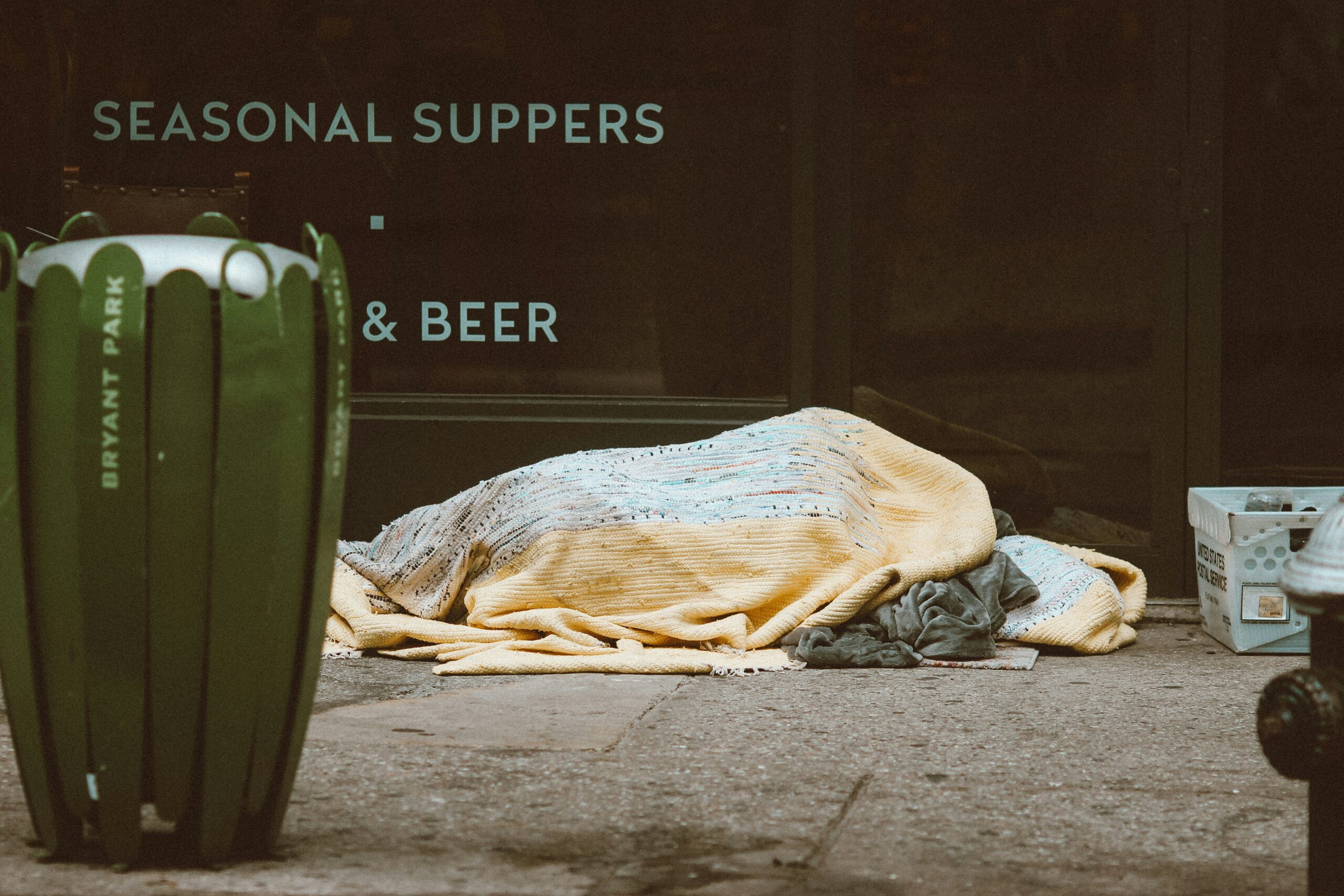Under the French administration at Vichy during the Second World War, the French Resistance formed in order to combat a regime collaborating with the Germans. Others resisting collaboration with Vichy, unwilling to become bystanders, also contributed to the Resistance, many being Christian rescuers harboring Jewish civilians or otherwise affording safe passage to the persecuted.
Francis J. Murphy writes of these Christian rescuers that they “contributed to the fact that 75 percent of French Jews survived the war, a far higher proportion than in Belgium or the Netherlands,” going on to write the lamentable fact that “of the 300,000 Jews in France, 75,000 perished.”[1] Whatever the casualties of warfare and its brutality, the efforts of these saviors merit the highest recognition and honor, both of which Au Revoir Les Enfants, directed by Louis Malle, provides with poignancy and grandeur.
Conveying the intimate recollections of the director, the film acknowledges the existence of war without ascribing guilt to a single nationality—the collaborationist Vichy precludes this possibility—while drawing out the collective guilt that suffuses even the children at the Petit-Collège. Lending itself to an analysis of age as it reveals the moral choices of its characters, the film presents three age brackets: that of the children at the Petit-Collège, that of the adults partaking of their existence, and that of the wartime threats infringing on the safety of the school, which cannot safeguard the innocence of its students.
The setting of the story is the Petit-Collège d’Avon, “a residential prep school located on the grounds of the Carmelite monastery abutting the park of the fabled French palace of Fontainebleau,” whose peaceful antiquity belies the airstrikes threatening to annihilate its inhabitants.[2] Having departed from the inhospitable precincts of Paris, Julien Quentin and his elder brother travel to the Petit-Collège, where the priestly headmaster, Père Jean, harbors three Jewish children, and Julien goes on to form a friendship with one of them. The raucous environment of the school, which reduces the presence of the outside world, steadily gives way to wartime terrors as Jean Bonnet tries to survive the incursions of war.
In the counterpoint of innocent childhood and savage adulthood, the film suggests the absurdity of antisemitism, as well as the gamut of nationalism and bigotry. Close to life and the earth, guileless, free spirits, the children marvel that the adults could wish to destroy it all.
One such instance of this childhood innocence occurs when Julien, asking his elder brother about the Jews, says, “what exactly is a Jew?” to which his brother responds, “someone who doesn’t eat pork.” “Are you kidding me?” says Julien, echoing the unprejudiced adult who stops for a moment to consider antisemitism. The differences from which bigotry derives have never been much greater.
The school of the Petit-Collège, immersed in its quotidian pleasures, cannot prevent what is undeniable in wartime, and war begins to impinge on the children and their instructors: repeated airstrikes confine the children to the crypt, where they continue their classes; French collaborationists and Germans alike enter the lives of the children, one instance of which is the appearance of German patrol in the forest where Jean and Julien, having broken from a scavenger hunt, experience the haunted shadows of dusk. Read earlier in the story, a passage from the Book of Luke reveals the vertiginous experience of living as a child in wartime: “Woe unto you who laugh now, for the day shall come when you shall weep” (Luke 6:25).
“I’m the only one in this school who thinks about death,” says Julien during their day in the forest, “It’s incredible!” The line delivers a pinprick of dramatic irony after he utters it in the presence of Jean, whose struggle as a persecuted Jew remains amorphous to his friend. While Julien has the luxury to think about death, Jean can only run from it.
This harrowing difference of experience is the crux of the friendship—the two boys are approaching an abyss that is to engulf only one of them, and whose depths will remain forever unknown. The chilling reality of the extermination of his friend must have continued to haunt Julien, who is the director, Louis Malle. The voiceover at end of the film evidences the pain in the director’s voice, which says during a close-up of the face of Julien, “more than forty years have passed, but I’ll remember every second of that January morning until the day I die.” Such an experience perhaps “can never be exorcised.”[3] But the film attests to the courage of Louis Malle, whose experiences, after harrowing him, have benefited the world.
The adults partaking of the children’s existence are no less involved in wartime struggles. Many of them are wealthy parents that have tried to isolate their children from danger; but the film highlights the uselessness of money as a measure of protection, in proof of which the children of the Petit-Collège, even the most genetically approved, line up in the courtyard as the gestapo calls them to attention. The experience was to leave all of them with the lasting somberness of that January morning.
The film emphasizes the allegiances of the parents no less than those of their children, who unwittingly parrot them. Madame Quentin, having taken her children and Jean to a restaurant on visiting day, airs her indifference to the Jewish plight when responding to Julien, who has asked whether their family is Jewish. She expresses no malice, her attitude suggesting only what has been necessary for survival, for inconspicuousness and compliance. During a sermon that Père Jean delivers on the same visiting day, a parent walks out after hearing in the sermon, “And again I say unto you, it is easier for a camel to go through the eye of a needle, than for a rich man to enter into the kingdom of God” (Matthew 19:24). In such times every civilian has a moral stake in the nation. Whether that stake is right is the prerogative of the judgment of history.
The character of Père Jean is a beacon of courage and humanity, and his prototype, Père Jacques, has all the heroism of his fictional counterpart. Père Jacques, “legally named Lucien Bunel, was the third of seven children in a close, devoutly Catholic, working-class family,” and he went on to develop himself into a man of industry and character, showing “four enduring characteristics: a deep religious faith, a tireless work ethic, an active love of learning, and a staunch sense of social justice.”[4] His fictional counterpart evinces self-awareness and sardonic humor, deepening a character whose brand of nobility leaves its mark on the film.
Discovering a black market to which many of the students have contributed their goods, trading for stamps or food or cigarettes, Père Jean expresses his outrage during a scene in which he rebukes them. While speaking with them, he says with conviction, “I believe true education consists in teaching you to make good use of your freedom,” a belief appearing in his decision to flout German policy and harbor Jews; Père Jean’s courage is tested by his decision to retain those who have been trading goods, while firing Joseph, the runty scullion with none of the privilege and wealth abounding in the students’ families. The decision causes Père Jean anguish, which is seen in a brief shot as Joseph leaves his office, catalyzing the tragedy of the film. Philip Kemp nicely pinpoints the moment, writing of Père Jean that “his are the two crucial decisions: first, to harbor Bonnet and two other Jewish boys under false names; and second, to sack Joseph while not expelling, out of consideration for their parents, his accomplices among the pupils—a discrimination whose inequity causes him evident pain, and leads to tragedy.”[5]
That tragedy is the escorting of three Jewish students and Père Jean from the courtyard, which they leave on the way to their deaths—those of the three boys at Auschwitz, and that of Père Jean at Mauthausen. Père Jacques, the heroic counterpart of Père Jean, continued to display courage and selflessness at Mauthausen, where “more than anything else, his selfless care for the sick and the dying, to whom he routinely gave half of his meager ration of food, touched his fellow French-speaking prisoners.”[6] Having refused treatment for the pneumonia that was to kill him some weeks after the camp’s liberation, he died there, skeletal and malnourished, an objector to the callousness of those that would have him be inhuman. Writing of Père Jacques’ life, Francis J. Murphy mentions his funeral where Rabbi Jacob Kaplan, “the future Grand Rabbi of France, eulogized Père Jacques with these words: ‘Thus we have seen cruelty pushed to its extreme horror and benevolence carried to its highest degree of nobility and beauty.’”[7]
The external threats infringing on the school and the lives of its students take many forms: German Wehrmacht, French Milice, a malevolent Gestapo, and the many nonhuman elements that pervade occupied France, such as the foreboding curfew, the frequent airstrikes, the portentous silences. Those besetting the Petit-Collège range in age from adolescent to adult, many of whom display a startling benevolence. A number of German troops, laughing in horseplay at the public bathhouse, show fraternal affection for the students who have come to shower; the German patrol who find Jean and Julien in the forest, having wrapped them in blankets, take them back to the Petit-Collège and tell them that they are “Bavarian Catholics,” with gestures of solidarity; approaching the monastery, a German S.S. requests confession from a priest, his hat in hand, his posture one of deference and filial piety.
These actions indicate the film’s subtle depiction of human complexity and its wartime implications. That Louis Malle refuses to condemn a single nationality supplies the story with an integrity deepening a portrait of victimized, innocent childhood, broaching wartime complicity and the very ambiguity of evil.
This subtle depiction of character never extenuates the atrocities of Nazism, because the film moderates its depiction of individual evil by condemning the collective efforts of Nazism; it suggests that, while individual cruelty varies, war is the aggregate of countless cruelties spreading over a population, a virus whose means is a multiplicity of individual moral choices. Thus if the film makes anything clear at all, it is that the locus of moral choice, and the battleground of humanity, is the individual. In no other character is this battleground more apparent than in Joseph, whose actions cause the tragedy of that January morning.
Joseph evidences the stakes of this individual battleground in wartime France. He is a pitiable character, victimized by other students, confined to the kitchen. His trading of goods with the students is benign, but leads to his being fired by Père Jean, and sent into the world as a desperate youth cleaving to whatever power he can acquire. This power happens to fall within the Nazi regime, but his defection does not make him evil; ousting the Jews that Père Jean has been harboring, Joseph commits an atrocity indirectly, but the sympathetic depiction of his character eschews any facile conclusions as to his moral corruption.
Like the students of the Petit-Collège, Joseph fails to stave off wartime atrocity and thus his loss of innocence, which the film dedicates itself to exploring. Père Jean, with integrity and moral conviction, encapsulates at the end of his sermon on visiting day what functions as the epigraph of an immense and irremediable loss: “Let us pray for the victims, and for their executioners as well.”
The tragedy of Joseph, its pitiable desolation and solitude, may be as anomalous as the heroic nobility of Père Jacques. It may not be–the film precludes definitive solutions. But it is between these extremes of Joseph and Père Jacques that wars are lost and won, tragedy averted, humanity saved. And it is this portion of humankind, on that January morning approaching the brink of corruption and the fracturing of innocence, that should most concern us.
- Francis J. Murphy. “Au revoir les enfants,” criterion.com, 15 March 2011, https://www.criterion.com/current/posts/1781-au-revoir-les-enfants-p-re-jacques-and-the-petit-coll-ge-d-avon ↑
- Francis J. Murphy. “Au revoir les enfants” ↑
- Philip French. “Au Revoir Les Enfants,” theguardian.com, 9 October 1988, https://www.theguardian.com/film/1988/oct/09/features.philipfrench ↑
- Francis J. Murphy. “Au revoir les enfants” ↑
- Philip Kemp. “Au revoir les enfants,” criterion.com, 15 March 2011, https://www.criterion.com/current/posts/417-au-revoir-les-enfants-childhood-s-end ↑
- Francis J. Murphy. “Au revoir les enfants” ↑
- Ibid. ↑


